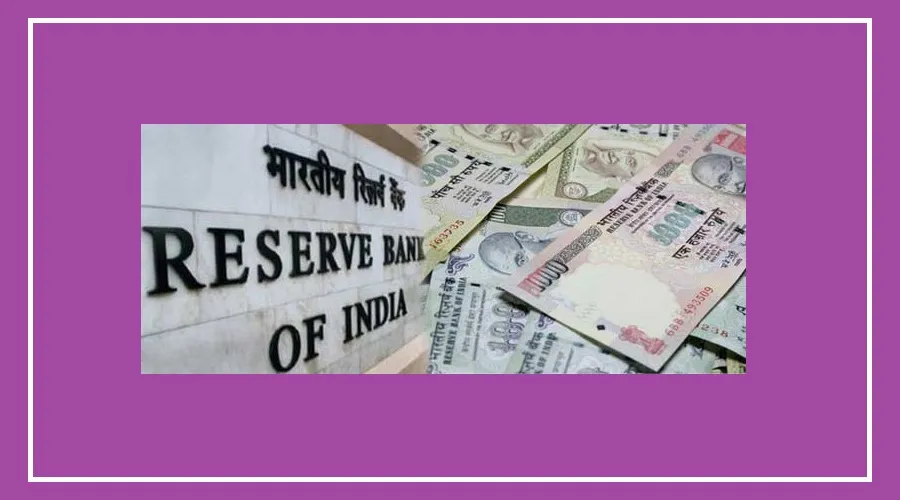India’s automobile market is expected to be very active in July 2025, as many new cars will be launched this month. These launches include electric MPVs, luxury sedans, and updated versions of popular vehicles.
Meanwhile, the Reserve Bank of India (RBI) has provided relief to loan borrowers. The RBI has announced the removal of pre-payment charges on loans with floating interest rates.
This new rule will take effect from January 1, 2026. Earlier, if someone repaid their loan partly or fully before time, banks would charge a fee. Under the new rule, this charge will be removed.
It will be mandatory for all banks and regulated financial institutions, including Non-Banking Financial Companies (NBFCs). This step will benefit crores of loan holders, especially those with home loans and Micro and Small Enterprises (MSE) loans.
Contents
Who will benefit from RBI’s decision?
Borrowers who have taken floating rate loans for non-business purposes will benefit. Whether the loan is taken alone or jointly, no bank or NBFC will be allowed to charge pre-payment fees.
Also, if an individual or an MSE has taken a loan for business purposes, commercial banks won’t be able to charge pre-payment fees either.
Which institutions are excluded?
Some institutions are not covered under this relief. These include:
Small Finance Banks
Regional Rural Banks
Local Area Banks
Tier-4 Urban Co-operative Banks
NBFC–Upper Layer (NBFC-UL)
All India Financial Institutions
Relief on loans up to ₹50 lakh
If an individual or MSE has taken a loan of up to ₹50 lakh from the above institutions, then no pre-payment charge will be applied. This includes loans from Tier-3 Urban Co-operative Banks, State and Central Co-operative Banks, and NBFC–Middle Layer (NBFC-ML).
Why did the RBI take this step?
The RBI found that many institutions were following different rules on pre-payment charges, which caused confusion and disputes. Some lenders were even adding restrictive terms in the loan agreements to stop borrowers from switching to loans with lower interest rates.
RBI clarified that this relief will apply whether the borrower is repaying the loan partly or fully, and regardless of where the money is coming from. There will also be no lock-in period.
What about fixed-term loans?
For fixed-term loans, if pre-payment charges are applied, they must only be calculated on the pre-paid amount. In the case of overdraft or cash credit, no pre-payment charge will be applied if the borrower gives notice and closes the loan by the due date.
RBI has also instructed that details about pre-payment charges must be clearly mentioned in the loan sanction letter, agreement, and Key Facts Statement (KFS).
If any charges are not mentioned in the KFS, they cannot be collected later. This move aims to improve transparency and promote competitive banking services.
What does this mean for customers?
If you’ve taken a loan—like a home loan—at a floating interest rate and wish to repay it early (partly or fully), banks or financial institutions cannot charge you any pre-payment fee. This is valid only for loans approved or renewed on or after January 1, 2026.
Previously, lenders imposed these charges to prevent customers from switching to cheaper loans, allowing them to earn more interest. Now, that will no longer be possible.
In related news, LIC Housing Finance has reduced its home loan interest rate by 0.50%. Now, its home loan rates start at 7.50% per annum.
Recently, RBI lowered the repo rate from 6.00% to 5.50%, leading many banks to reduce their loan interest rates. Earlier, banks like SBI, Union Bank, and Punjab National Bank also cut their loan interest rates.

